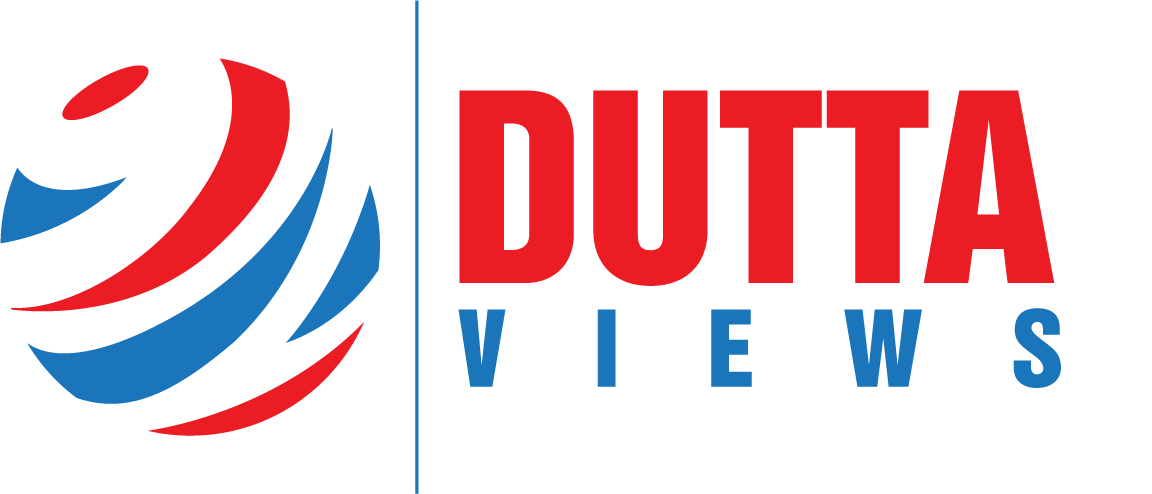In a significant move, Australia has scheduled a historic referendum to amend its constitution and formally recognize its indigenous population. The landmark event is set to take place on October 14, involving over 17 million registered voters across the country.
Recognition Through a First Nations Advisory Group
The core proposition of the referendum involves altering the constitution to acknowledge the original inhabitants of the land by establishing a First Nations advisory group. This group would have a direct line of communication with the government, aiming to address the historical marginalization of indigenous communities.
Prime Minister’s Optimism and Challenges Ahead
Australian Prime Minister Anthony Albanese expressed the significance of the event, noting that it provides a unique opportunity for the nation to come together and initiate positive change. However, this move has sparked a vigorous campaign on both sides, reflecting the divisive nature of the issue.
The Crucial Question
The referendum boils down to a single question that demands a “yes” or “no” response: “A Proposed Law: to alter the constitution to recognise the First Peoples of Australia by establishing an Aboriginal and Torres Strait Islander Voice. Do you approve this proposed alteration?” This seemingly simple query has ignited intense debates and discussions across various platforms.
Double Majority Voting Requirement
Passing the referendum requires a double majority vote: over 50 percent of voters across the entire country and at least 50 percent approval in a majority of states (at least four out of six). Notably, the votes in the territories—the Northern Territory and the Australian Capital Territory—will be factored into the national total.
A Pivotal Moment for Change
This referendum holds significant implications, not only due to the rarity and permanence of constitutional amendments but also because it brings to light issues that have endured for centuries. The concept of the Voice, if ratified, would establish a constitutional body composed of Indigenous representatives responsible for advising the government on matters pertaining to their communities.
Healing Historical Wounds
Supporters of the referendum view it as an opportunity to address historical injustices, providing a platform for First Nations people to be heard after enduring generations of persecution, racism, and neglect.
Divisive Perspectives
Conversely, there are those who consider this move a mere symbolic gesture that might not lead to concrete change and could potentially deepen divisions within the nation by granting certain individuals a distinct constitutional status.
The upcoming referendum in Australia represents a pivotal moment that seeks to reshape the nation’s constitution to better reflect its indigenous heritage and address longstanding inequalities. The outcome will undoubtedly have far-reaching implications for the country’s future.

